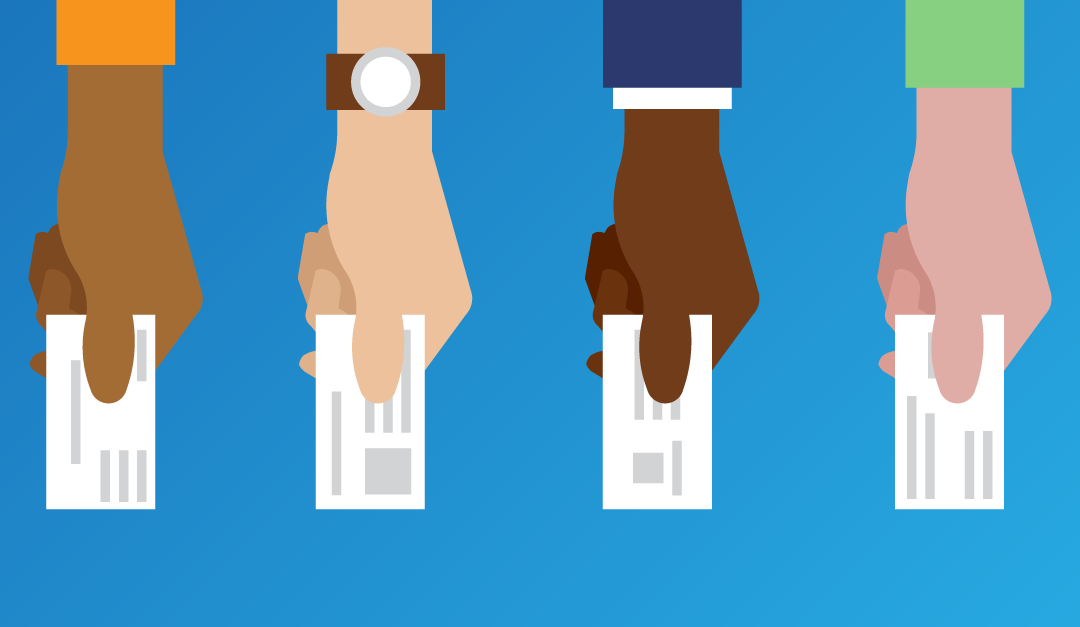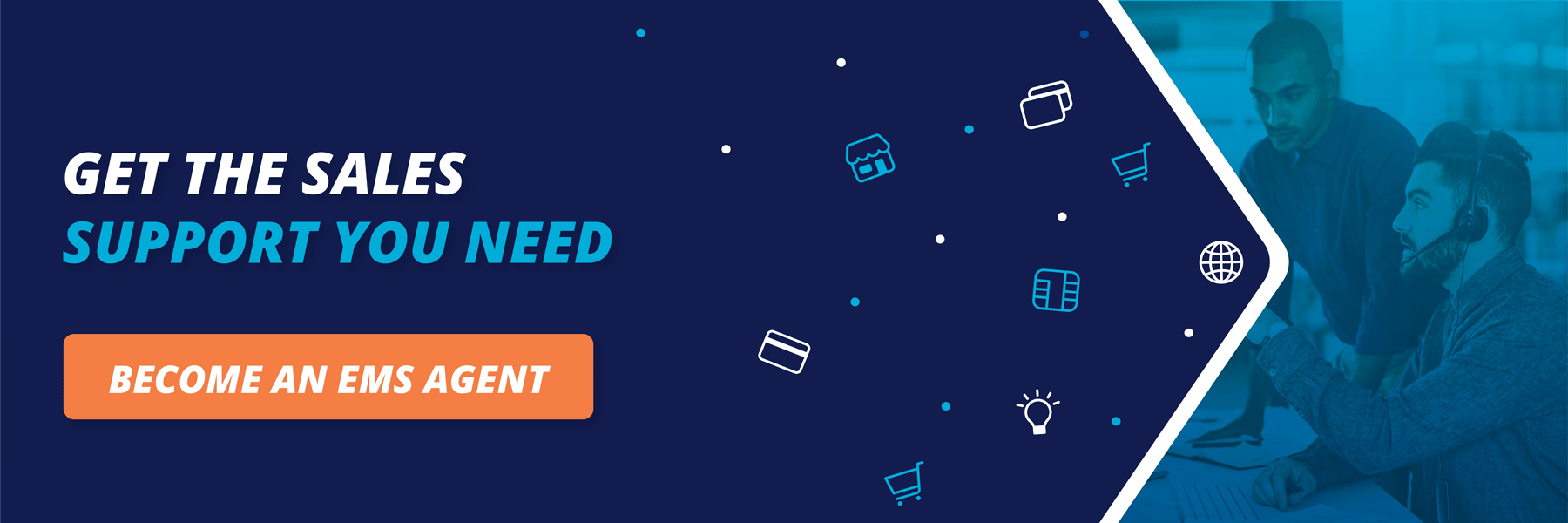Trade shows, conferences, and corporate seminars – all are important, but can be exhausting. When it’s all said and done, do you feel like you got your money’s worth? Did you learn valuable information, make new industry contacts, and (most importantly) gain leads?
If the answer is no, or you aren’t sure, you’re reading the right post. Next time you attend a professional event, try out these tips for networking and making connections.
1. Networking starts BEFORE the conference.
About a week before the conference, do your due diligence and try to connect with speakers and VIPs on social media. Even just a quick note letting them know you can’t wait to meet them at the conference can go a long way. Chances are a lot of other people will try to grab a few quick seconds of face time right after a session, but you have an advantage by reaching out early. They may recognize your name and offer to set up a meeting.
Don’t forget travel days as well. By networking on the plane or bus on the way to the event, you will likely meet people who are from your area. Don’t forget to pack business cards in your carry on and be ready with your elevator pitch.
2. Prepare a conference-specific elevator pitch.
Most professionals have one elevator pitch for their products or services that they use for everything. However, there can be hundreds, sometimes thousands, of people in attendance at a conference or trade show. Your standard elevator pitch may accurately explain the products or services you offer, but does it stand out? Try developing a conference-specific elevator pitch that is memorable and helps differentiate you from the competition. For example, Behavioral Investigator Vanessa Van Edwards says, “For a technology-focused conference I could say: ‘My name is Vanessa and I run a human behavior research lab. We look for patterns for how people use technology’” (Science of People, 2019).
3. Don’t forget your tool belt.
We don’t mean tool belt in a literal sense, unless maybe you’re attending a construction trade show of some sort. When you register for a conference or trade show, you’ll be given a badge. This is an often overlooked, but very important tool. Your badge displays your name, and most likely your title, company, and home city/state. It serves as your first impression, conversation starter, and often your key to interactions. In some cases, it even serves as your digital business card that exhibitors can scan to receive your contact information. Before you leave the office for the big show, double-check that your name, company, and title are error-free. Another important tool to bring is your business card. Pack more than you think you need, because you never know how many you’ll give out.
4. Create conversations everywhere.
Networking is not exclusively for receptions and conference events. You can network with the people around you in sessions, waiting for the elevator, in line for coffee, or at a lunch table. Just remember, don’t choose the empty seats. You have to sit near other people if you’re serious about making contacts. All it takes is one question to start a conversation. Here are some suggested easy conversation-starters:
- What do you think of the conference so far?
- Have you attended this conference before?
- How did you like the keynote presentation?
- Why did you choose to attend this session?
5. Be authentic and know your limits.
People can tell when you aren’t being authentic. If you don’t have an extroverted personality, don’t try to pretend you do. If you do better one-on-one, try to set up coffee or quick breakfast meetings. If a group setting is your thing, invite a few different people to dinner. If you have trouble interacting in the morning, sleep in a bit so you have more energy for the evening events. Conferences are non-stop and can be exhausting, so don’t force it! Know your limits and make a plan for being productive in the way that’s best for you.
Don't forget to test these tips at your next trade show!






